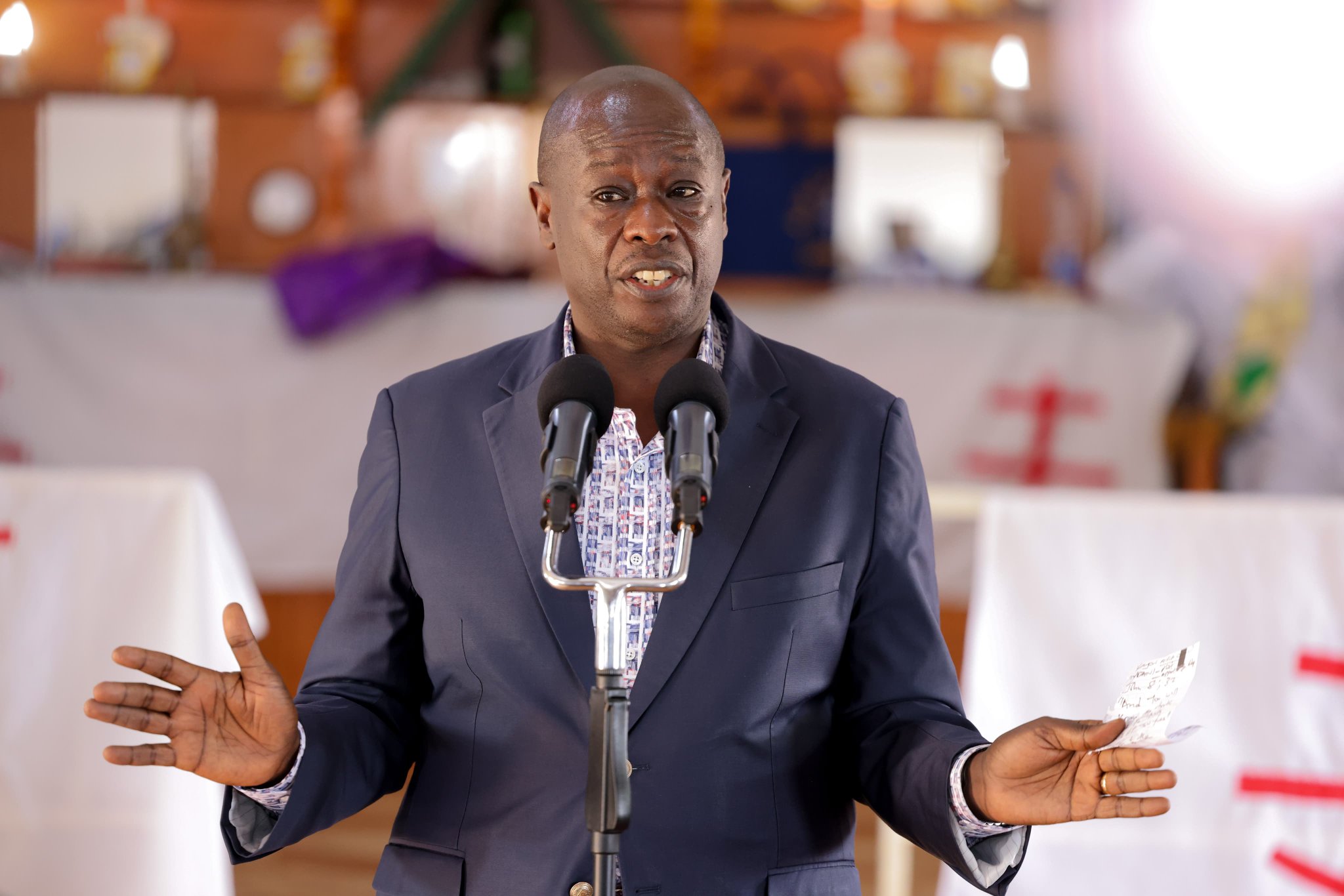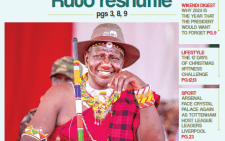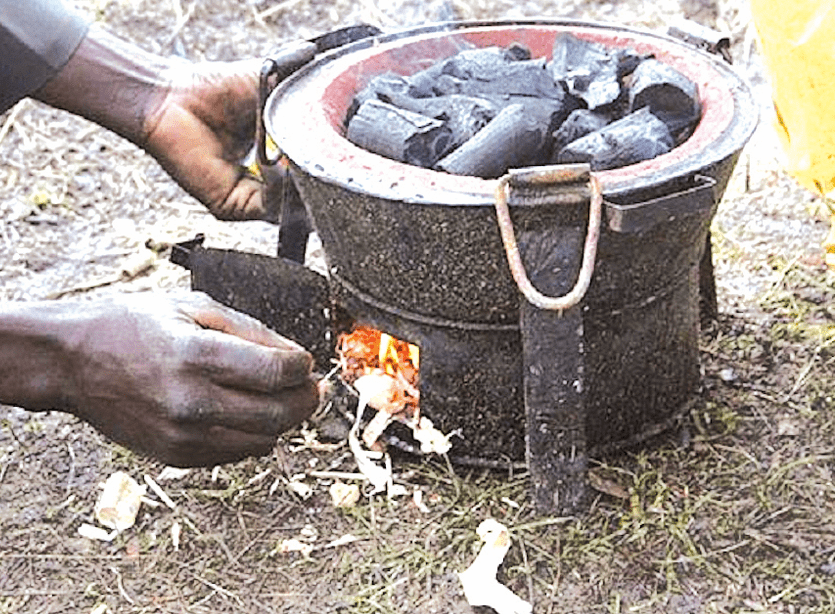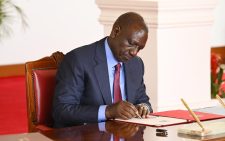We should treat presidency with utmost respect
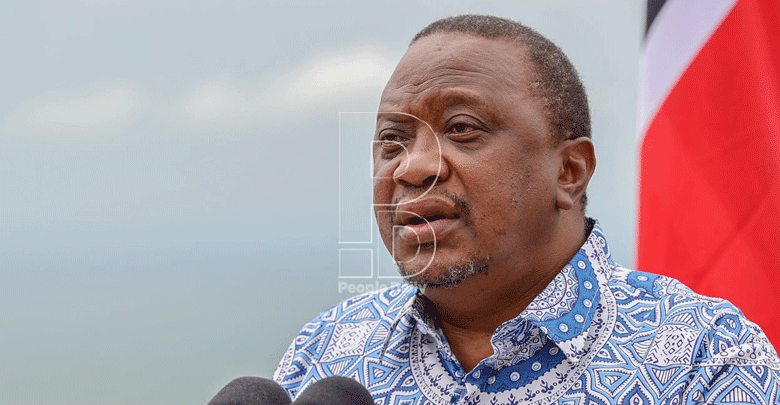
The presidency is the uniting symbol of any nation’s sense of being. It is a perpetual office even if occupied by different people at different times.
The person occupying that office at any given moment may change the manner in which the office operates, enhance or diminish its sense of authority, but never take away from its symbolism.
As a rallying centre of influence, citizens look to the office for guidance, protection, representation, even for a sense of defining who they are.
It is not a surprise that the office is given trappings of power, to enhance its symbolism and the sense of national representation.
This is particularly magnified in moments of crisis. The nation waits during such moments in bated breath for guidance, assurance and direction.
Highest esteem
The acts of omission and commission of that office are important. People look to the office for the slightest movement to indicate the direction that the nation is moving and responding to its environment. They invariably move towards that direction.
For that reason, how people treat the presidency and the person occupying that office is critical.
The office cannot be treated glibly as if it was commonplace, even if the occupier of the office intends to reflect the common touch.
The responsibility of honouring the office and the person of the office holder falls on all citizens.
This includes even those who are close to the office holder, who after the office holder ascends to the office, have to start looking at the individual differently.
The critical moment is that of oath taking. Everything changes, the ordinary individual that we once knew, assumes a different role which should be reflected in how the rest of society now relates with him.
In most societies, people bow to the office holder, give way, assign him titles, uniquely dress him or her, provide a special chair for him to sit on and so on.
Much as they do this to the holder of the office, they in fact do this to the country.
It is in the same respect that when individuals belittle the office, call the office holder names and ridicule him/her, they do that to the country since their object of denigration is the symbol of the nation.
A society that respects itself will not refer loosely to its leader and should not allow others to do so.
For these reasons, the political heat of the moment should not make people to treat a sitting Head of State as if he was some charlatan. For in doing so, they chip away at the symbol of nationhood.
We do this in our households. Children know better than calling their parents in their hearing by their names.
It is a sign of disrespect, of belittling one’s parents and it has consequences.
There will be consequences if we persist with such indiscipline or if we allow the most indisciplined among us to do so.
It is not so much the office holder whose being they belittle but that of the country. The nation will appear small, vulnerable and of little consequence.
If we have no respect for the Head of State, then how would we have respect for the police, for the military, for teachers, for judicial officers, indeed, for anybody else?
That is when things fall apart. The crowds that politicians address comprise people of many characters, charlatans included.
But that should not delude politicians to reduce themselves to the level of the mindless mass and in the process bring the country down with them.
This country needs decorum in the days ahead. Leaders set the tone. They can’t bring down some of the institutions and then expect others to hold.
We owe it to the country to hold in the highest esteem, the symbols of our institutions. — The writer is dean, School of Communication, Daystar University



